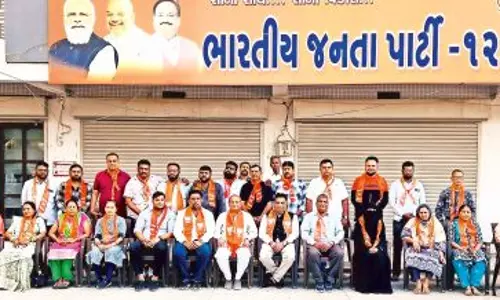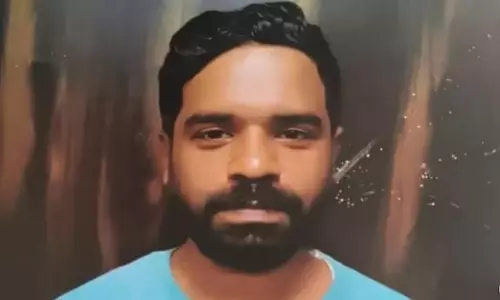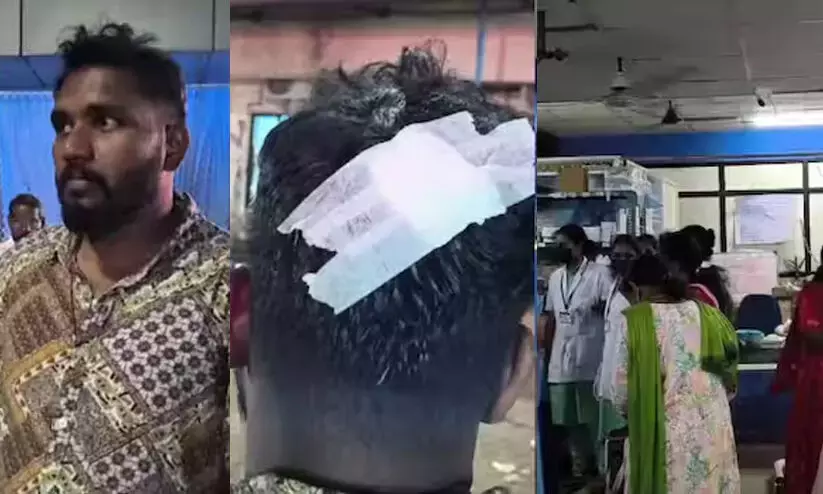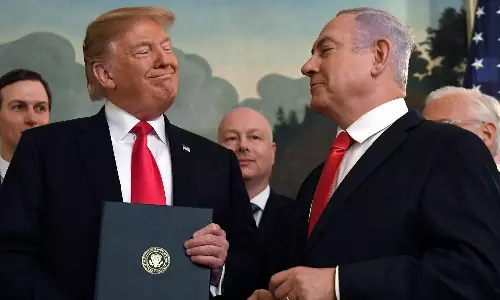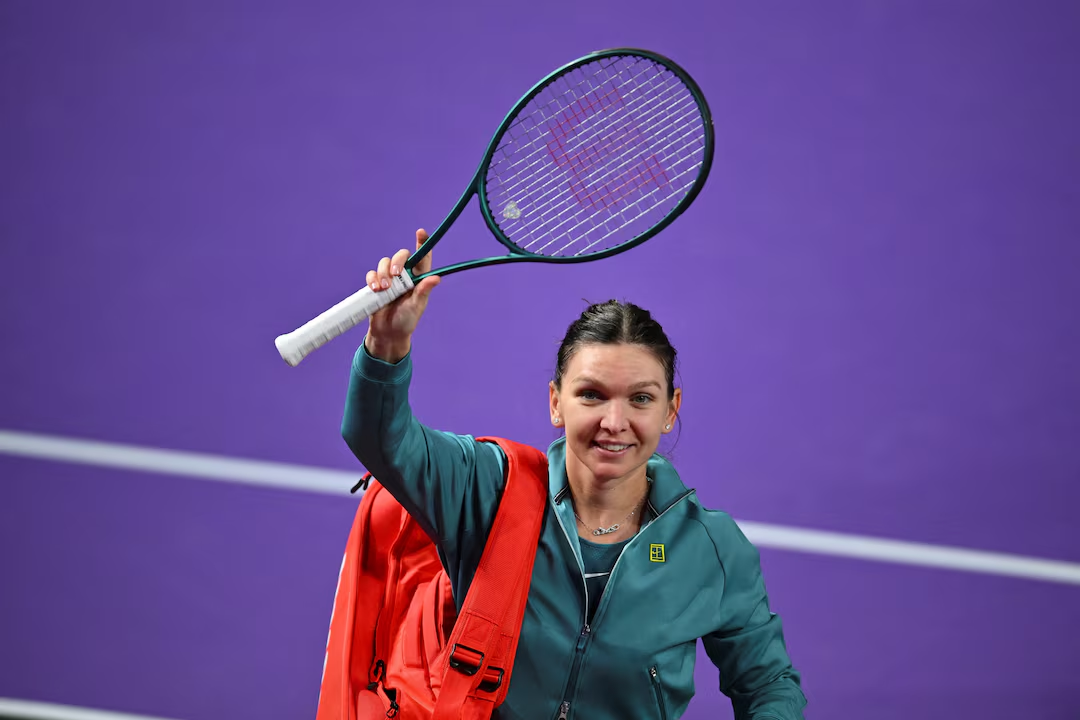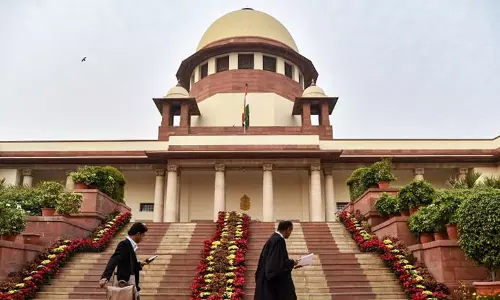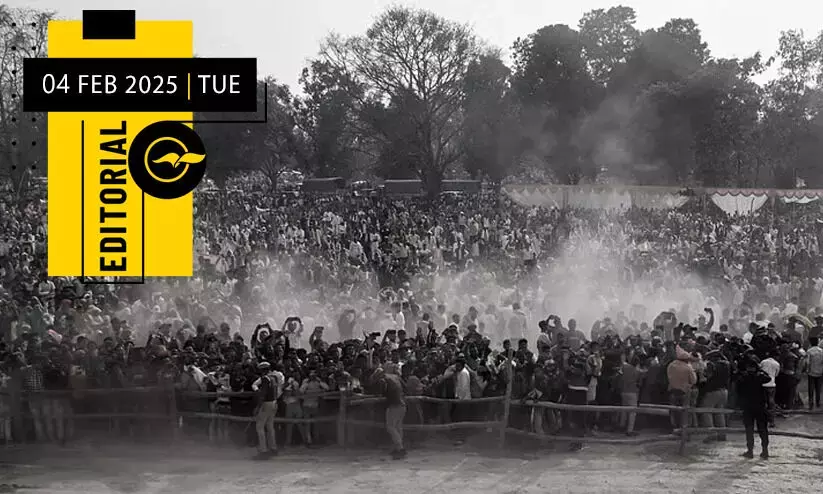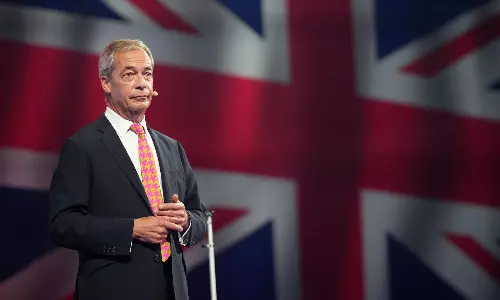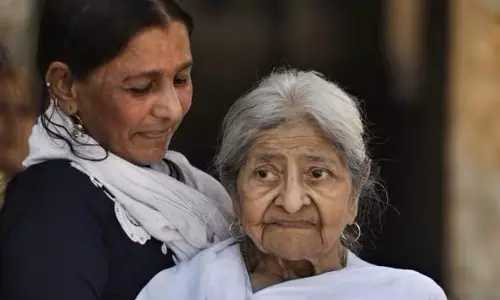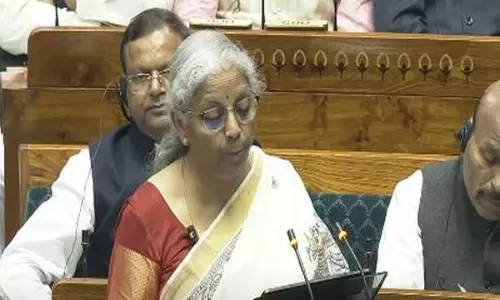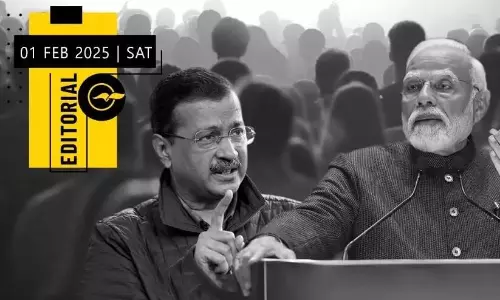
Federation of Indian Publishers file copyright lawsuit against OpenAI
text_fieldsThe Federation of Indian Publishers (FIP), along with international publishing giants, has filed a copyright infringement lawsuit against OpenAI in New Delhi.
This legal action adds to the growing list of global challenges targeting the AI company’s use of copyrighted content for training its ChatGPT model. The case alleges that OpenAI’s ChatGPT generates book summaries using proprietary content without proper licensing or compensation.
Filed at the Delhi High Court, the lawsuit is led by the FIP, which represents prominent publishers like Bloomsbury, Penguin Random House, Cambridge University Press, Pan Macmillan, Rupa Publications, and S. Chand and Co.
Pranav Gupta, General Secretary of the FIP, emphasised the need for legal intervention. “We are asking the court to prevent OpenAI from accessing our copyrighted material. If they refuse to license content, they must delete datasets used for AI training and provide clarity on compensation mechanisms. This threatens creativity,” Gupta stated.
This lawsuit follows a similar case filed by the Indian news agency ANI against OpenAI. The publishers' group is seeking to join ANI's case, which represents one of the most high-profile legal disputes on AI and copyright in India.
Globally, authors, musicians, and news organisations are challenging AI firms for allegedly using their copyrighted works without consent. These cases raise significant questions about intellectual property (IP) protection in the age of AI.
According to Mumbai-based lawyer Siddharth Chandrashekhar, these lawsuits could be pivotal. “The judgments will test the balance between safeguarding IP and encouraging technological progress,” he remarked.
OpenAI has consistently denied claims of copyright violation, asserting that its AI models rely on publicly available data and adhere to fair use principles. In response to ANI’s lawsuit, OpenAI argued that Indian courts lack jurisdiction since the company’s servers are based abroad.
Despite these claims, the FIP maintains that OpenAI’s services in India place it under Indian legal obligations. The federation’s December 2024 filing states that credible evidence suggests OpenAI used their literary works without authorisation for ChatGPT training.
OpenAI’s engagement in India includes hiring former WhatsApp executive Pragya Misra to manage public policy and partnerships in a market with millions of new internet users.
A Reuters test of ChatGPT highlighted the core issue.
When asked to summarise the first volume of Harry Potter, the tool provided chapter-by-chapter details and key events while refraining from sharing copyrighted text. Critics argue this capability undermines book sales, as users can access detailed summaries without purchasing the works.
Gupta voiced the publishers’ collective concern: “If free tools provide book summaries and extracts, why would readers buy books? This directly impacts sales.”
In response to the growing challenge, Penguin Random House announced a global initiative to include copyright warnings on its publications, explicitly prohibiting their use for AI training.
The case has been listed before a registrar of the Delhi High Court, who instructed OpenAI to respond by January 10. A judge will hear the matter on January 28, potentially setting a precedent for the future of AI regulations in India.




